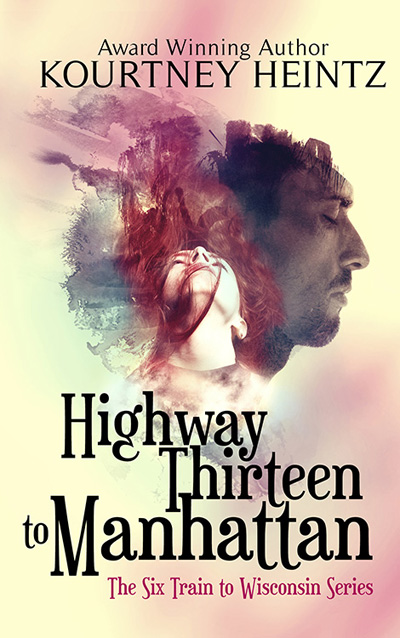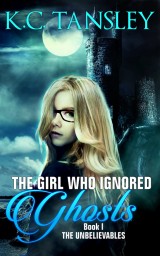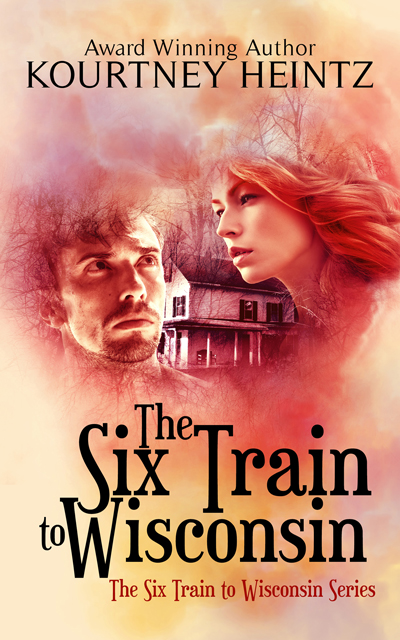The final SCBWI intensive workshop I attended was one of the best workshops at the conference. Deborah Halverson “edited children’s books for ten years—until she climbed over the desk and tried out the author’s chair on the other side. Now she is the award-winning author of the teen novels.”
She gave us the top 10 markers for larger mistakes in manuscripts and actual fixes for them. Her talk added more tools to my revision toolbox because she presented tangible, actionable things that I could apply to my manuscript.
One of the most important ones is “Stop Looking” and this relates to voice.
Is there is a lot of stares, looks, and smiles filling narrative beats in your manuscript?
Then you may have a tendency toward generic action and passive voice.
To diagnose this issue, do a search and count (this can be done with the control+F function in Word) of all the times you use words like:
- Look
- Stare
- Gaze
- Smile
- Feel
- Thought
- Frown
- Laugh
- Turn to
- Nodded
Everytime you use “feel” or “thought” you are telling the reader not showing them. You want to let the reader be the judge of what is happening.
This is the most common problem for new writers.
So how do you fix this problem?
- You fill scenes with action.
- Have characters interacting with setting props.
- Make interactions specific and unique–change a hair flip to spearing an apple.
- Make scene messier–instead of sitting around chatting have them hunting or at dance class. Give them something to do that’s interesting while they talk.
- Use dynamic language–instead of sitting in a chair lounge in it.
- Have characters interacting with setting props.
If you’d like to learn more about her revision techniques, you can check out her book Writing YA Fiction for Dummies. You can also read her responses and ask her questions at Dear Editor.









Sounds like a lot of work. Effort. But if it mskes the book better great. All you can do is your best. Fate and destiny dictate the rest. Im hoping ur successful. You certainly deserve it.
That’s just one of the ten things you have to look out for too! It is a tremendous amount of work with zero pay for years. It’s one of those things you only do if you love because there may never be a big payoff. 🙂
You are all heart K ……………… 🙂 xo
Thanks C! 🙂
🙂 Love Love xxx
🙂
Love^3. XOXO
Can you write something about math and equations of love 🙂 xxx
xx Have a brilliant tuesday xo
I can try. 🙂 Maybe next week after I finish the revision? 🙂 XO
Good Luck with that Sweet K xxx
all my heart xo
Thanks. In final stretch just proof reading this week. 🙂 xoxo
I remember 🙂 xoxoxoxoxo
Great advice. I love dynamic language, and I’ll spend all day sometimes thinking of a better word than ‘walked’, for instance. Although there is that fine line where dynamic langage can sound overdone. It’s always a balancing act.
Very true. I find in revisions I sometimes have too many dynamic action tags in a scene when there are multiple speakers and all dialogue lines need a tag. If I start to feel tired by all the action, I know I need to fall back on a few saids. 🙂
Excellent advice. I know I have far too much “gazing” going on in my novel. Something to focus on in the next one. 🙂
I think it’s a symptom of watching tv and movies. Characters are always looking/gazing and we tend to incorporate that into our writing. I read an article where a writer called it “too much head and shoulders.” Characters were turning or looking or gazing but nothing else was happening physically. 😉
“Head and shoulders”—I like that. What an easy way to remember to incorporate more action.
It really clicked for me too. 🙂
Great advise! These workshops sound really amazing.
Conferences really do help my writing. I plan to do 1-2 a year as long as I can afford it. 🙂
Good advice, this sort of thing is always useful, especially when it comes to editing / revision.
I’m really glad they offered a revision workshop. Coincided with where I was in my writing and gave me more techniques to improve my manuscripts. 🙂
sounds like a great book – i’m off to take a look
I haven’t read the book, but the workshop intensive put it on my to-read list. 😉
For me, I think those turns, looks, nods, etc. often become a “crutch” to break up a character’s dialogue. I’ll have to go through them carefully when I get to the polishing/smoothing stage.
They are okay to have in there but it’s just about being aware of where and when you’re using them and making sure that is the absolute best use of words possible. 🙂 I knocked out 60 looks and 40 nods. 🙂
“Everytime you use “feel” or “thought” you are telling the reader not showing them”
So well put! Thanks for sharing your takeaways, Kourtney.
I thought that was pure brilliance from Deborah. So many times we are told what to do or not do, but rarely are we told why. Once I know the why it’s so much easier for me to understand the what. 🙂
Sounds like a wonderful (and enlightening!) talk!
It was really eye-opening. So many things I didn’t realize I did. 😉